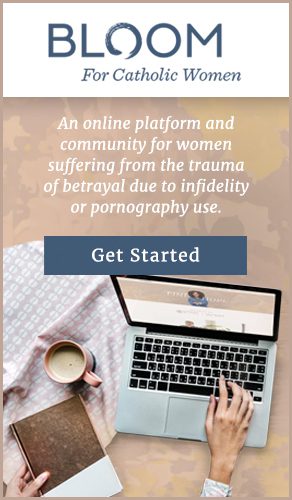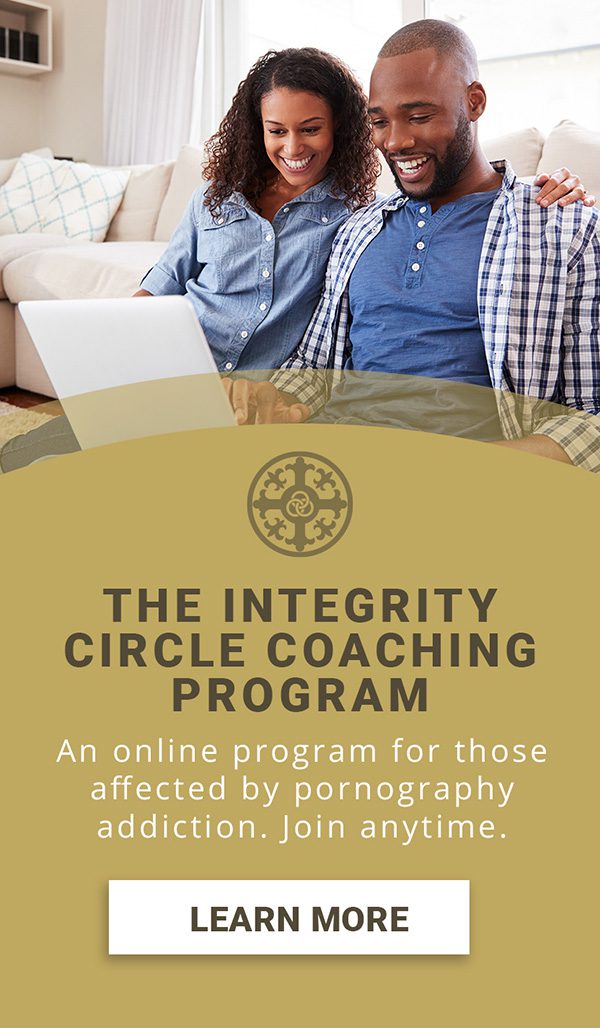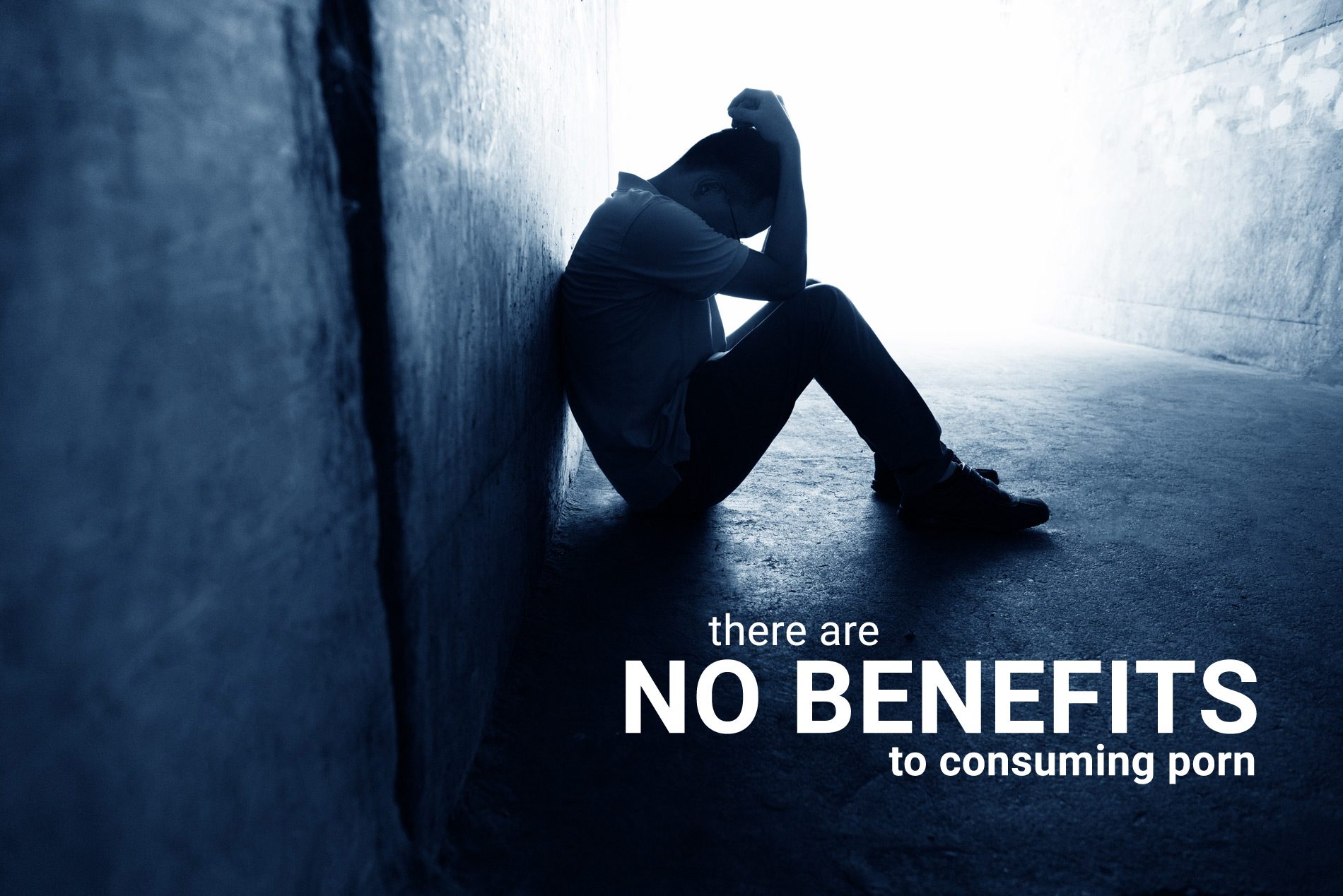How to Overcome Shame and Seeking Help

If you’re struggling with an addiction to pornography, or think you may have an addiction, it’s important to reach out for help. However, this can be a difficult thing to do. Many people resist because they are afraid of what others might think of them.
For example, you might fear that if people find out about your struggle they will think you are some kind of sick pervert. Or, you might think that if people really knew about your struggle they would reject you. Many young people are afraid to tell their parents because they don’t want to disappoint them. While these are real fears, they are often fueled by shame.
To understand shame, you also need to understand guilt. Guilt focuses on the action while shame focuses on the person. So guilt is the emotion that says “you did something wrong and now you have to fix it.” Shame is the emotion that says “you did something wrong and because of it you’re a terrible, worthless person, and if people really knew about you, they would reject you.” Guilt is good. It can lead a person to make amends for the wrongs they’ve done. Shame is bad. It only makes a person want to hide. This increases loneliness and keeps a person trapped in their addiction.
So the first step in seeking help is to let go of shame. You need to realize how much God loves you and that nothing you could do could take that love away or decrease your value as a person. You’ll find that when you’re honest, people won’t reject you or think badly of you. On the contrary, they will admire you for your honesty, strength and courage to face a difficult issue!
Here’s an example: John is a College sophomore. For several years he struggled with pornography use. He knew he needed help, but was too afraid to ask for it. Finally he mustered up the courage to speak with a counselor at his college counseling center about it. She listened and understood his pain. John knew in order to get the help he needed he would have to tell his parents. His counselor suggested they call his parents together. He agreed. So she called his father and put him on the speakerphone. Together they explained to him John’s struggle. His father listened and said he understood the struggle. He said he loved John, and would help him get the help he needed. Later, John’s father talked to his mother and she was also very loving and understanding. John felt relieved after that phone call. He no longer feared and rejection from his parents. Knowing his parents still loved him helped him let go of his shame so he could address his addiction and overcome it.
Although you may feel alone in your struggle, there are many people who love you and are ready to help. First, there’s your parents. Don’t be afraid to talk to them. Then there are teachers, coaches, counselors, youth leaders, and clergy. If you’re having trouble talking with your parents about your struggle, people like John’s counselor can help you. Once they are aware of your problem, they will do whatever they can to help you.
Regardless of what you are struggling with, the fact is you don’t have to struggle alone. There are many people out there who care about you and want to help. The most successful people in recovery are those who have a whole team of people on their side loving and supporting them, and keeping them accountable in the healing process.












I’m struggling with porn and going to confession frequently I was introduced to porn magazines and at the age of 4 this has been a constant struggle since I’m now the age of 49 and struggled my entire adult life which also contributed to divorce and causing problems in my marriage now! I’m married through the church and know how wrong this is.
I would like to attend a workshop or retreat to help me with this problem,